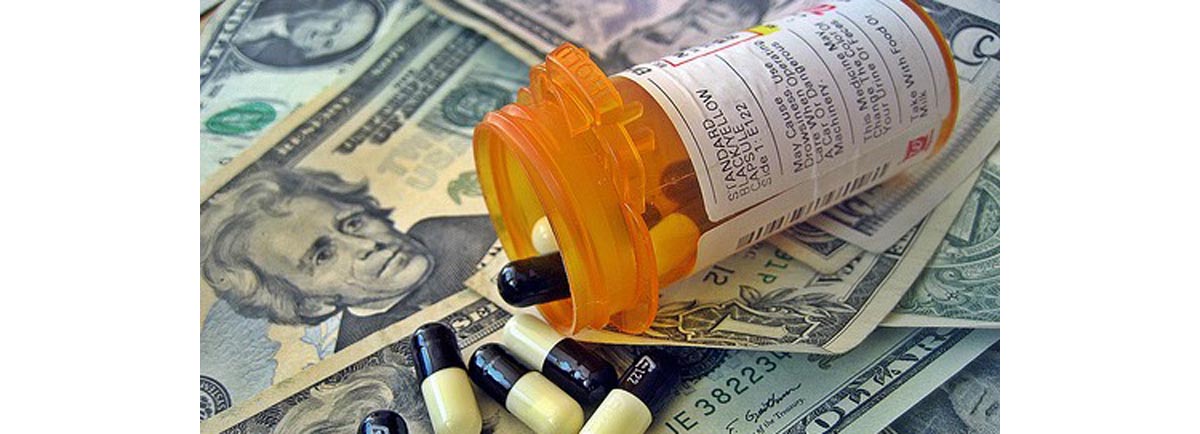Table of Contents
The Physician Payments Sunshine Act is a provision of the Affordable Care Act, also known as Obamacare. The purpose of this legislation is create a publicly accessible data base of payments from the makers of drugs, immunotherapies, medical devices, and medical supplies to doctors and hospitals to promote their products.

The law requires the manufacturers to start reporting payments made after August 1, 2013, and then the Centers for Medicare and Medicaid Services will start making the data available to the public by March 31, 2014.
Only payments made to physicians or hospitals receiving payments from Medicare, Medicaid, or children's health insurance programs have to reported under this law. However, since most doctors and nearly all hospitals receive reimbursement under these programs, the patterns of prescribing that may (or may not) be influenced by manufacturer payments should emerge.
Most Doctors Won't Do Anything Different
This program puts the burden of reporting on the companies that make the payments to doctors and hospitals rather than on the doctors and hospitals themselves. And even with payments made public record, most doctors and hospitals won't be affected.
The Physician Payments Sunshine Act is not intended to identify the doctor who eats a $6 sandwich provided by a pharmaceutical representative during a presentation on new drugs. It is aimed more specifically at doctors who earn large fees "teaching" about new medications to hospital staff.
Certain kinds of transactions are exempt from reporting:
- The provision of anything of value less than $10 (the $6 free sandwich eaten during a seminar, for example), as long as the total of these gifts does not exceed $100 per year.
- Sample drugs that will be given directly to patients.
- Drugs or medical devices given by the manufacturer directly to a patient (such as the medications provided by patient assistance programs).
- Educational materials to be distributed to patients.
- Drugs to supply the pharmacy of a charity clinic or hospital.
- Discounts and rebates.
Doctors will have to learn the new rules, but most doctors won't be affected by them. But who would?
Physician Payment Sunshine Act Focuses on Continuing Education
The main activity that will be reported, although not prohibited, under the act, is providing doctors and osteopaths with continuing education credits, required for maintaining their licenses, from classes conducted by a doctor or osteopath who is paid by a pharmaceutical company to promote a drug. Some doctors earn speaking fees of $1,000 to $20,000 for conducting these events. Those speaking fees will not be prohibited, but they will be reported.
How does this new law affect consumers? If you are like Jon in the story above, and all the treatment you are getting is a medication and you think you need more, don't be afraid to ask whether the drug company pays the doctor to write the prescription. But if all you get from your doctor is a prescription, perhaps you need to see someone else.
- Wilson, D. Data on Physician Payments is Hard to Parse. New York Times. 12 April 2010.
- Wilson, D. Pfizer Details Payments to Doctors and Researchers. New York Times. 31 March 2010.
- Photo courtesy of usnavy on Flickr: www.flickr.com/photos/usnavy/5764936918
- Photo courtesy of gregpc on Flickr: www.flickr.com/photos/gregpc/336199694


Your thoughts on this